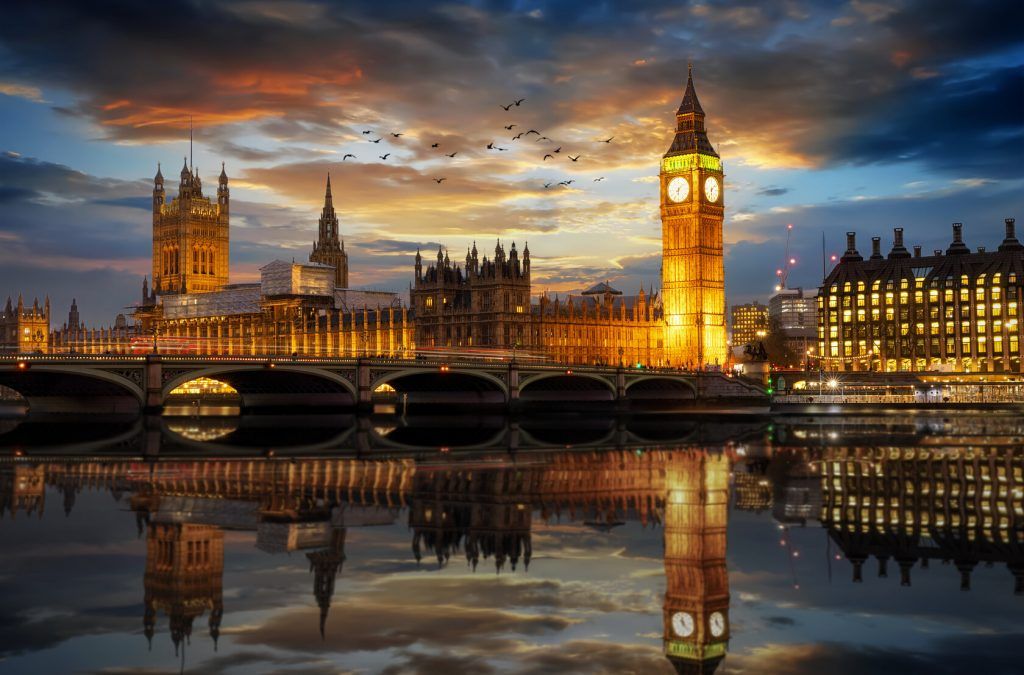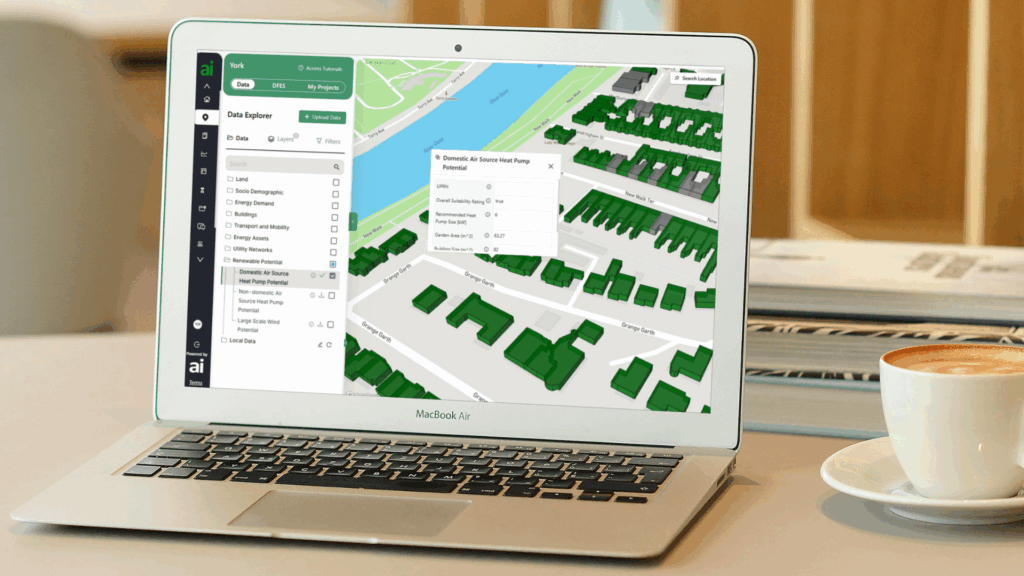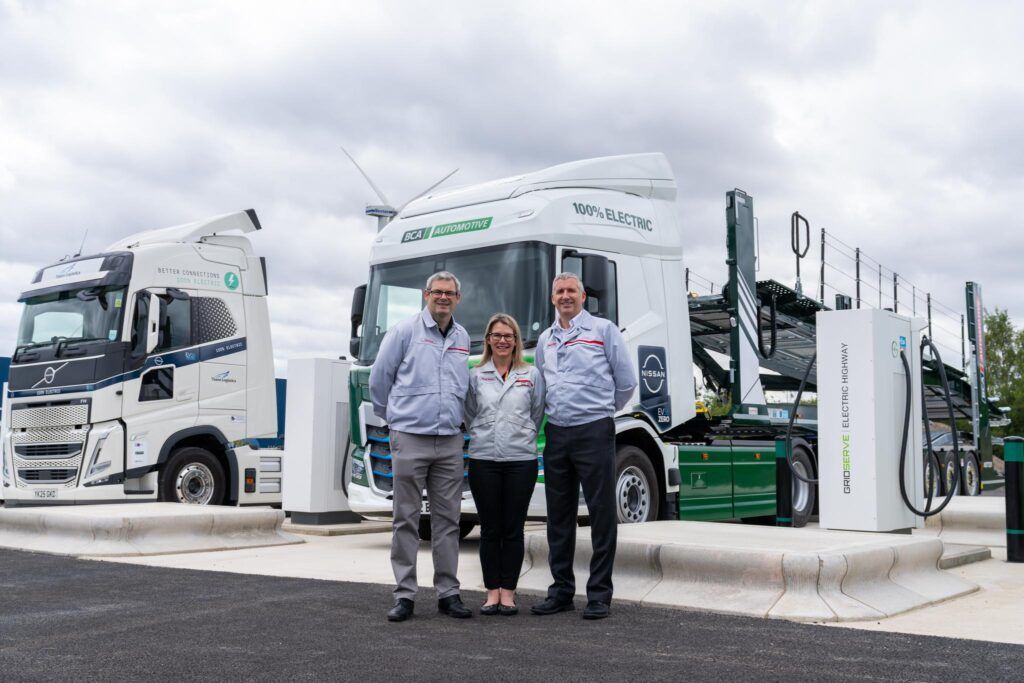The UK Chancellor of the Exchequer, Rishi Sunak, has outlined his plans for a sustainable economic and green recovery at his second Budget speech today (3 March).
As part of an additional £250bn package of fiscal stimulus to the economy, Sunak said that new capital projects and infrastructure were “sensible measures” to encourage growth to fix public finances and deliver the journey to a net-zero economy.
A new infrastructure investment bank has been set up, located in Leeds, and will invest in public and private projects with an initial capitalisation of £12bn from spring 2021, and at least £40bn in total investment overall.
Off-shore wind will include new port infrastructure, including in Teeside, to grow new wind energy schemes. A new retail saving product has also been launched in order to help consumers with taking part in the green growth agenda as well.
Dame Clara Furse will also head up a group for the City to create a voluntary carbon off-set market across the financial markets.
Sunak also announced plans for eight new free ports across the UK: East Midlands Airport, Felixtowe and Harwich, Teeside, Humber, Liverpool City Region, Plymouth, Solent and the Thames.
“We need a real commitment to green growth, it’s not enough to have a general desire”, he said.
Transport and Energy has previously featured the Felixtowe and Harwich Freeport East scheme, which has a hydrogen transport hub at its heart.
An investment-led recovery” was outlined by Sunak, meaning that companies can get a ‘super deduction’ of 130% of tax bill. “We’ve never tried this before in our country”, Sunak said. He called it “the biggest business tax cut in British history”.
Also related to transportation funding, Sunak also cancelled the planned rise in fuel duty.
His ‘three part plan’ focused on current support to businesses hit by coronavirus, assisting with the debt to the public finances, and then recovering the economy into the future. Sunak said the economy is expected to return to pre-Covid levels by mid-2022.
Alongside his policies to “protect the jobs and livelihoods of the British people”, Sunak said the Budget “will make the most of our post-Brexit future”.
In what he described as the ‘remaining phase of this crisis’, Sunak announced an extension to the furlough scheme, until the end of September, and a further £5bn business loan support, as well as its “restart grant” programme.
“We’re going long. Repairing the long term damage will take time”, Sunak said. He revealed that the economy would still be 3% smaller in 2025 than it was before the pandemic and the government was borrowing a record £355bn this year – the highest levels since World War Two.
He said that there would be “three principles of sustainable public finances”: the state shouldn’t borrow for everyday public spending; the government cannot allow debt to continue to rise; and it is sensible to use money to invest in capital projects to provide growth.
Sunak announced the government borrowed 17% of national income and would borrowing 10.3% of GDP in 2022. This will fall to 4.5% of GDP in 2023, then 3.5% in 2024, then 2.9% in 2025, then 2.8% in 2026.
He says it would be “irresponsible” to allow borrowing to go unchecked – and announced plans to increase corporation tax to 25% in 2023, impacting the top 10% of companies with profit margins over £250,000.















